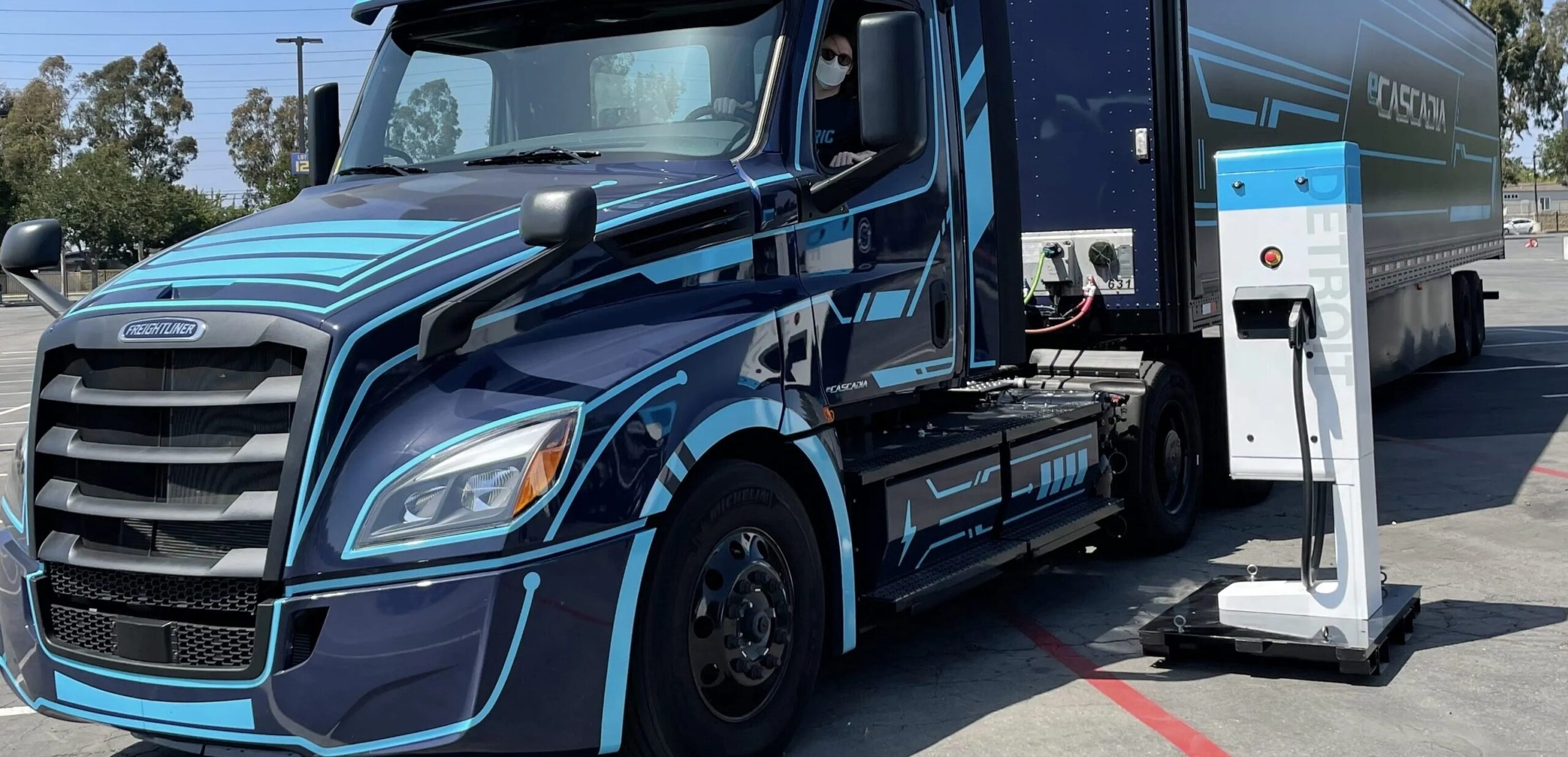April 13, 2025 Update
Public hearing – January 30
NOTE – MCAT has taken a position IN OPPOSITION to this bill!
NOTE – Died in House CE&E committee. May resurface in the omnibus transportation package.
California has implemented regulations mandating phased transitions to electric vehicles, that are more stringent than the federal standards. Although such stricter regulations would normally be preempted by federal rules, the US Congress has granted California the right to ask for waivers of federal preemption. This grant is directly in the Clean Air Act (section 177) and was enacted in response to California’s need to deal with its uniquely bad smog problem.
During the Biden administration, California requested and received waivers from the EPA to implement stricter standards for transitioning from (1) internal combustion to electric cars and (2) internal combustion to electric trucks. Although the Trump administration has threatened to upend these waivers, they remain in force at present.
Under the Clean Air Act, other states may choose to follow either California or federal clean air standards. Oregon chose to follow California, and has already implemented its “Advanced Clean Cars II” rule, mandating a fast transition to EVs for cars. Oregon has similarly chosen to follow California’s Advanced Clean Trucks rule. Oregon’s DEQ has written regulations for this rule, which are poised to go into effect.
This bill would block ODEQ from enforcing its clean truck regulations until January 1, 2027. Proponents of the bill claim that the infrastructure for electric charging is insufficiently developed, and that requiring the transition to begin immediately would cause hardship to the trucking industry.
Trucks are classified by size into eight categories. Groups opposing this bill, including MCAT, cite studies showing that the six smallest size truck categories should be able to comply with the transition to electric trucks according to the California rule, as originally adopted by ODEQ.
These groups support modifying the regulations for the two largest size truck categories, to accommodate concerns specific to the long haul trips of these very large trucks. However, they believe that there is no reason to delay the entire rule.
